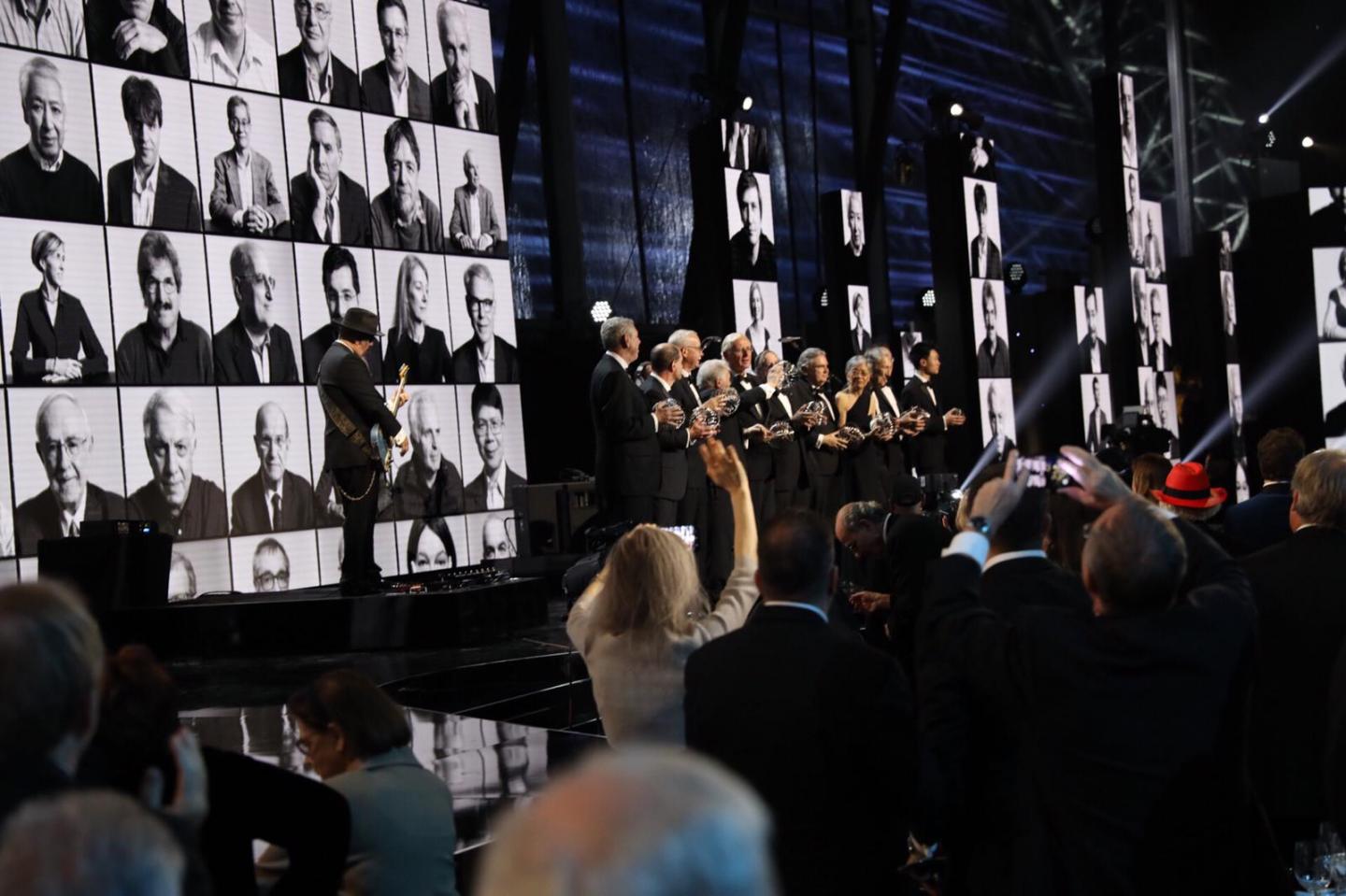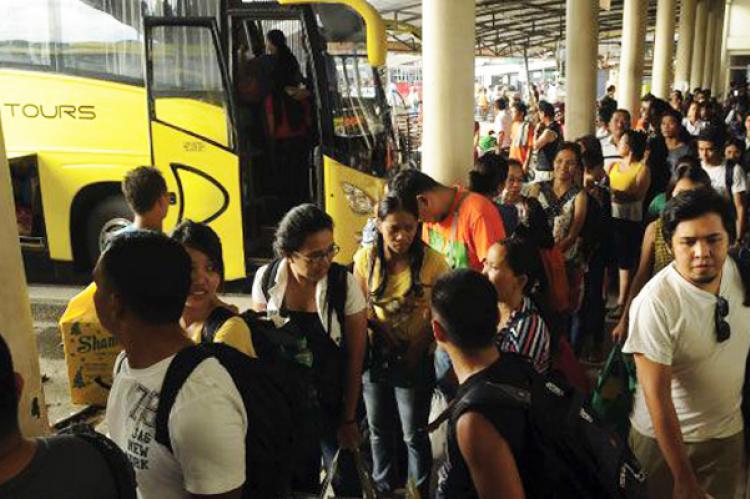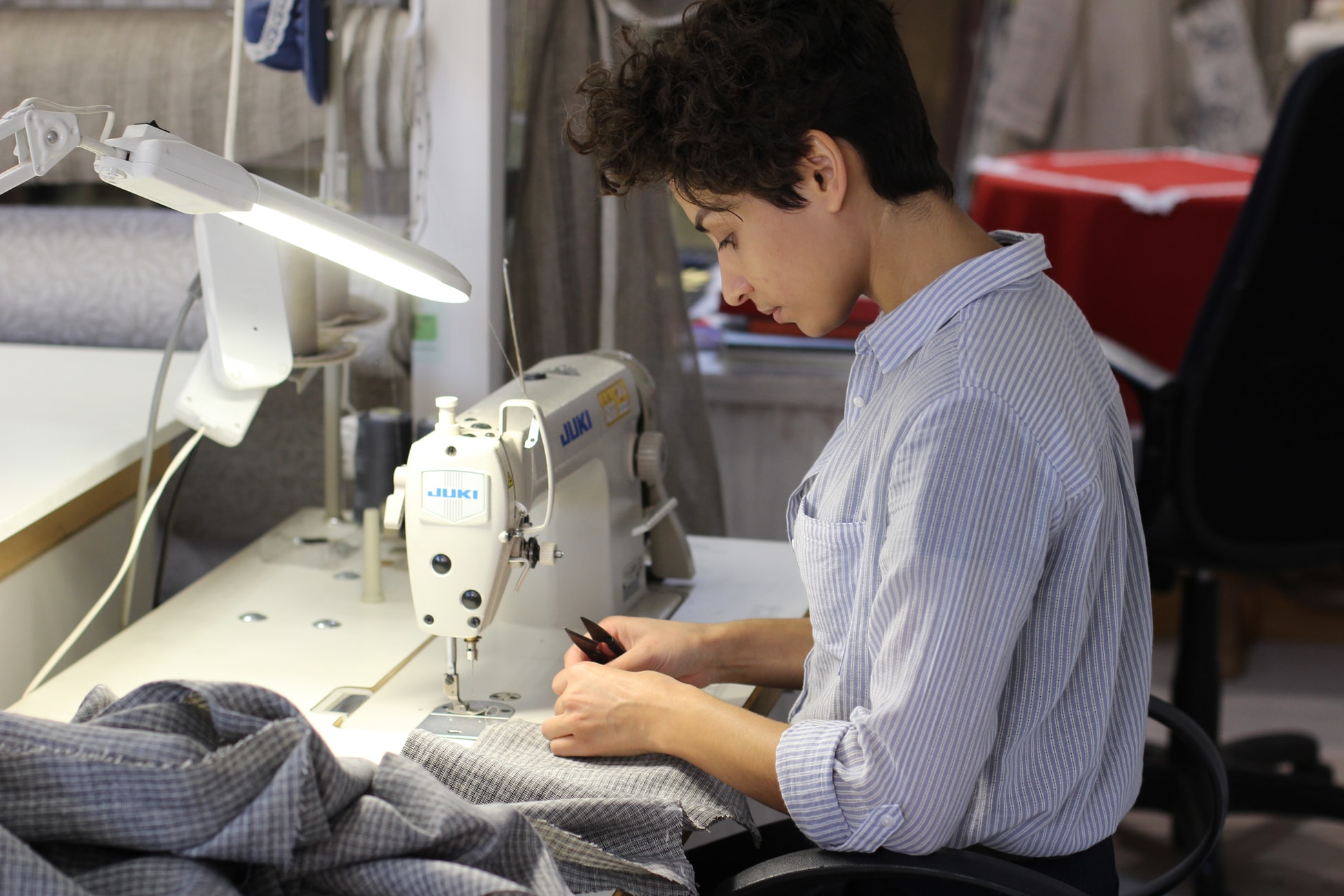Prioritize education seems to be a tall order for countries in conflict. Education budgets have to meet ever-growing needs while the debt reduction policies are putting pressure on them to better target government intervention. The primary reason of derailed targets, as observed in most governments, is that internal conflicts eat up a chunk of their budgets. Yet there’s this story:
Prof. Florence Obi of the Faculty of Education and one-time deputy Vice-Chancellor, Administration at the University of Calabar has emerged as the 11th Vice-Chancellor of the University. She is also the first female to be so elected.
Responding to newsmen after getting her appointment letter from the governing council of the University, the VC-elect Prof. Florence Obi expressed gratitude to God for having success and pledged to run an inclusive administration. She is expected to assume work on the 1st December 2020,
Professor Florence Banku Obi is a mother of 4 and a grandmother of 6 from Bansan – Osokom, Boki Local Government Area of Cross River State. With sheer grit and tenacity, she overcame all hurdles to sustain a successful academic voyage. She sets a pattern for emulation by African women.
Prioritize education for Africa
This brings a smile to our lips as we recall just a few months ago, education and women’s rights campaigner Malala Yousafzai said:
Nigeria is the richest country in Africa but has more girls out of school than any country in the world. Studies are clear — educating girls grows economies, reduces conflict, and improves public health. For these girls and for their country’s future, Nigeria’s leaders must immediately prioritize education.
The backdrop to this quote is the fact that there are 10.5 million children out of school in Nigeria. Since 2009, the Islamic extremist group Boko Haram has killed 2,295 teachers, displaced 19,000 educators, and destroyed nearly 1,400 schools. In the northeast region, where Boko Haram is based, over 3 million children do not attend school
This perception is further echoed by Angie Motshekga, South African Minister of Basic Education:
We also know that there is a clear link between educational outcomes and later life outcomes, such as access to jobs. Therefore, the only way that South Africa is going to achieve meaningful social and economic transformation, is by making sure that children across all of society, especially in poor communities, learn to read, write and do mathematics in the early grades, so that they are equipped to go on to further educational opportunities.
One of the casualties of war is the destruction and often, never fully restored the education system of a country. According to UNESCO, almost 250 million children are living in countries affected by conflicts. Of this number 1 out of 4 children, approximately 61 million children are currently out of school because they live in conflict and disaster zones. Girls are 90% more likely to be affected in conflict areas than elsewhere.
Less than 3% of global humanitarian assistance was allocated to education in 2016. For the UN goal to be achieved by 2030, a radical rethink of the allocation of humanitarian assistance in education should be considered. Prioritize education should be a set goal.
Blockchain may offer a viable solution
Meanwhile, we learn sometime after that English Forward has proposed an “earn as you learn” tokenomics built on blockchain to encourage students to learn English as a tool to access the available online information and get better-paying jobs.
How could we use blockchain to be a more efficient conduit of humanitarian assistance? Mitch Rankin, co-founder of English Forward, has given us a clear path of his vision for hurdling challenges in education.
In the wise words of Nelson Mandela:
“Education is the great engine of personal development. It is through education that the daughter of a peasant can become a doctor, that the son of a mineworker can become the head of the mine, that a child of farm workers can become the president of a great nation. It is what we make out of what we have, not what we are given, that separates one person from another.”
Let’s consider that each student and teacher in a region has an English Forward token wallet, and at the start of the school year, a small amount in tokens (from humanitarian assistance grants) is deposited into each wallet. These tokens allow a student to earn as they learn on the English Forward.
Let’s first look at three segments of society and how blockchain could better their lives.
- A young person, isolated by social-economic stature, conflict and geographic position could interact with other students and teachers globally and earn tokens while they learn.
- Working people, looking to improve their English could spend part of their study time interacting with learners and teachers globally, and help create an active, safe and encouraging environment for learning English, and also earn tokens for this contribution.
- Employed or retired English experts (linguists, teachers, professors, enthusiasts) in both developed and undeveloped countries could earn tokens by interacting with learners in the Q&A, as well as selling their services on a peer to peer marketplace.
The altruists can donate their tokens back to promising students in the form of scholarships, course payments or gifts to encourage further the knowledge of English.
Imagine starting to study English, and during the process of learning, being paid to learn and being able to use these education earned tokens to buy bread, tomatoes, or mend your shoes…
What if we could incentivize a student to learn English, creating a reward system to fast track their progress towards being a fluent communicator?
With blockchain creating an immutable record of a student’s studies and progress, in times of conflict or displacement, the students’ records would be preserved. Additionally, none of their educational progress would be lost, ready for them to pick up at any time.
Now that we have the additional burdens of the pandemic, the outlook for education in Africa seems gloomy. What can turn this perspective around? Please comment below on how you see the skies clearing up for education in Africa.







